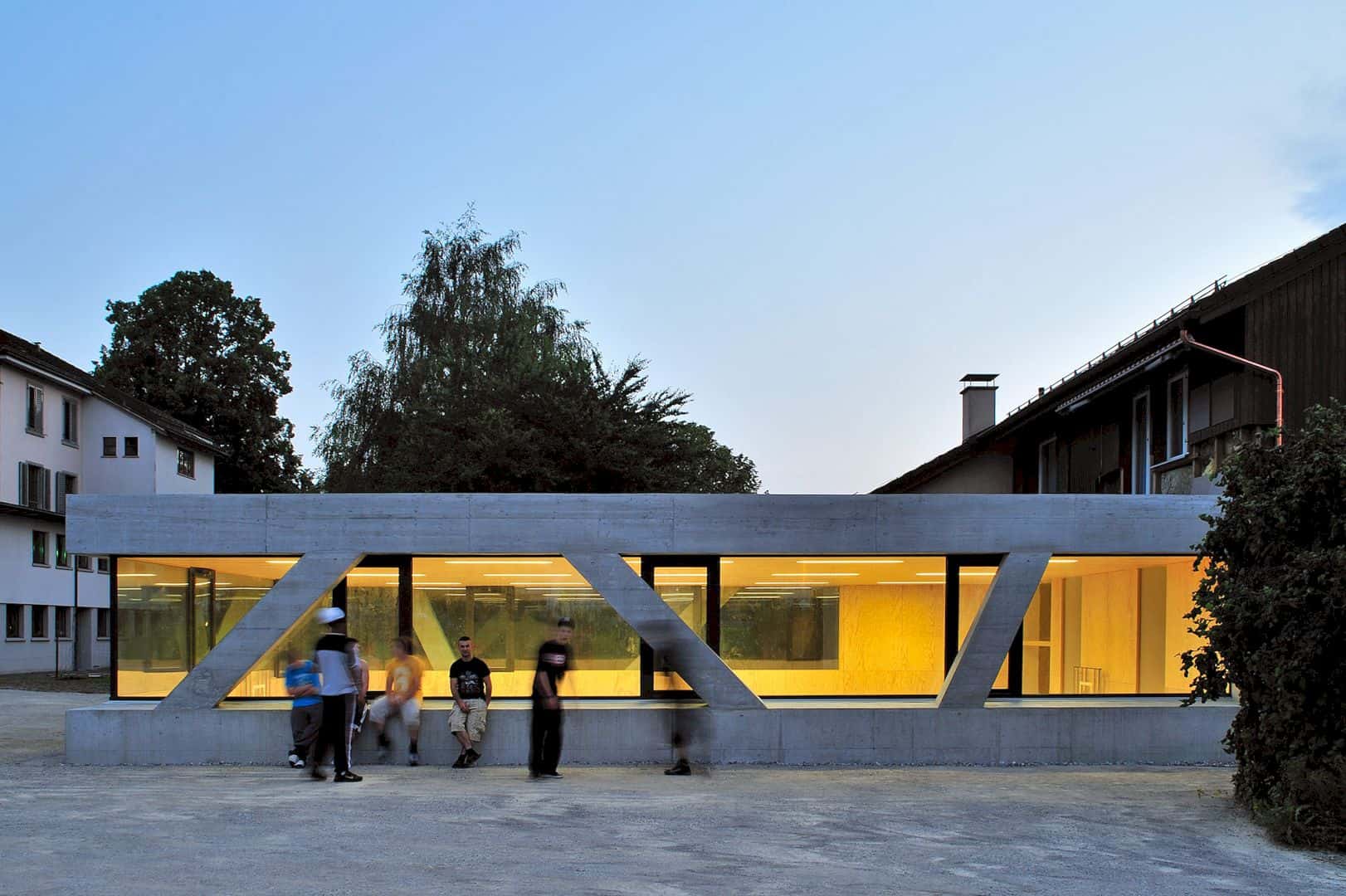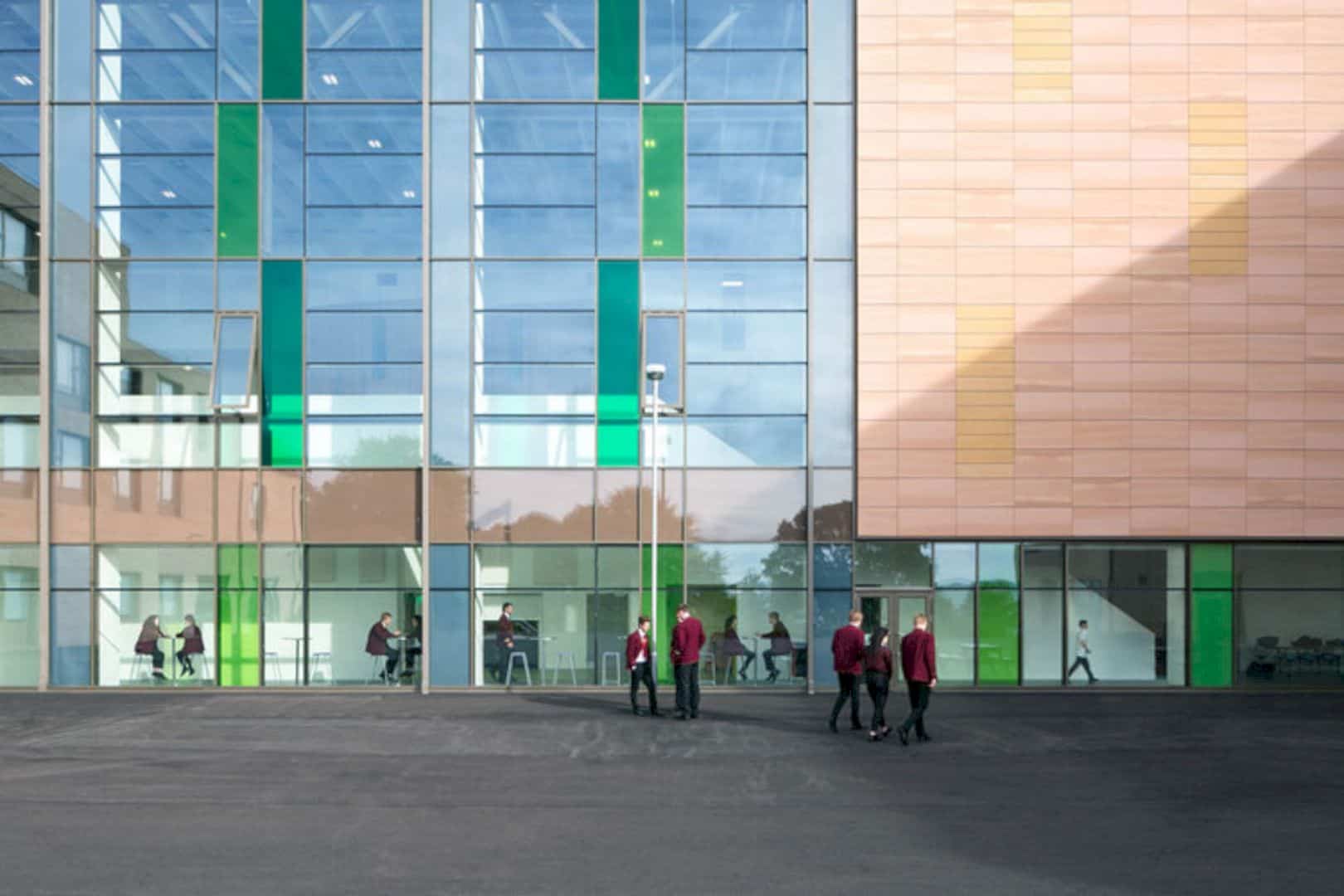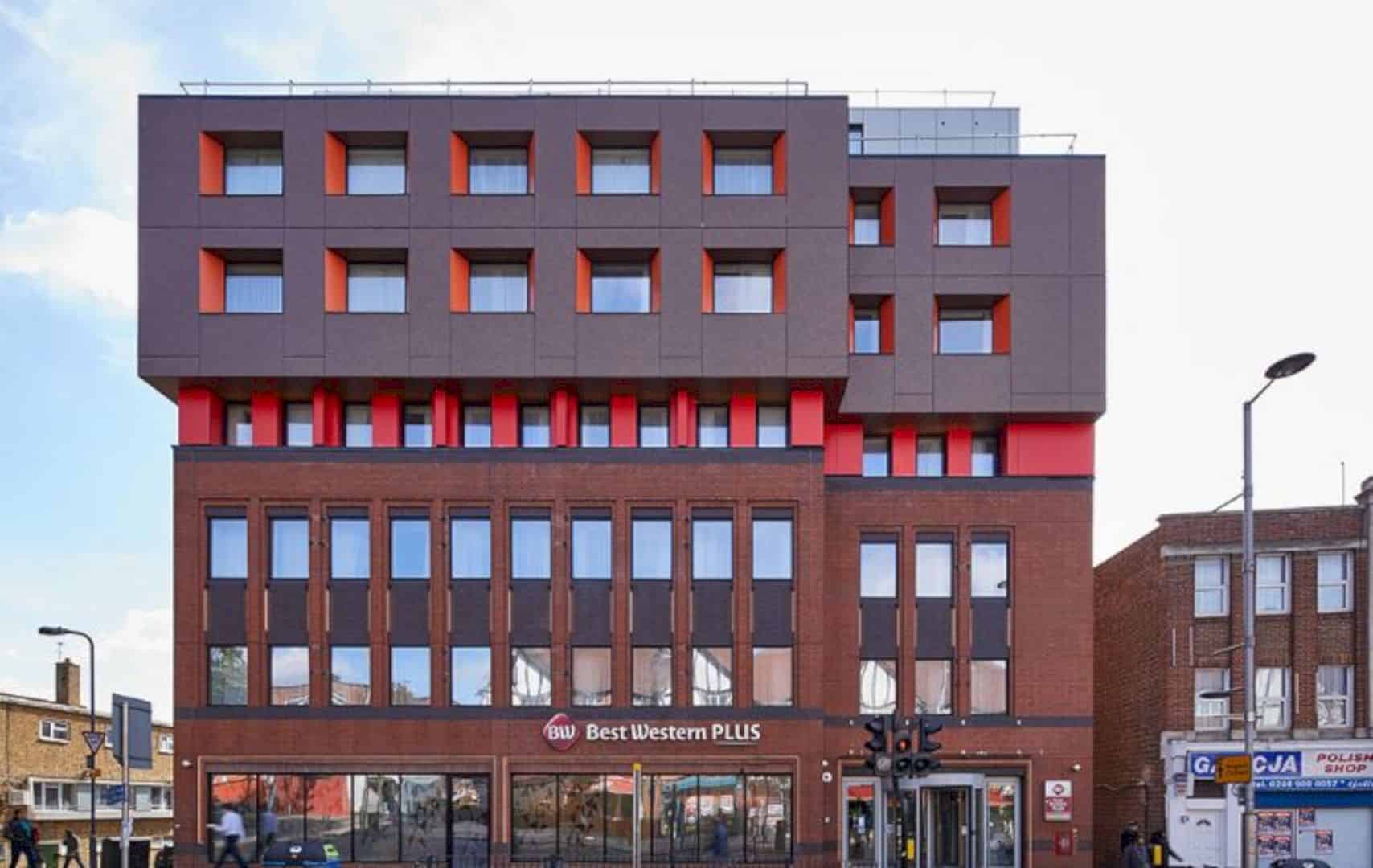IDEOLOGIST has led the transformation and reimagining of Ikiru Hotel, a project profoundly influenced by Japanese artistic heritage, where human touch subtly enhances the natural environment, creating harmony rather than dominance.
Background
A hotel owner situated along the picturesque Black Sea coast enlisted IDEOLOGIST to oversee the redesign of a late-Soviet era resort building and to craft the interiors for its 30 guest rooms. A key aspect of the project involved realizing the owner’s vision for a future aikido training camp adjacent to the main building, establishing a unified architectural and stylistic setting.
Concept
Nestled within a landscape shaped by the sea, cliffs, forest, and river, the hotel is enveloped by a naturally vibrant and self-sustaining environment. This striking scenery forms an exceptional backdrop, inspiring an architectural design crafted to harmonize effortlessly with its surroundings.
Japanese aesthetic tradition centers on a philosophy of minimal interference with natural forms. This perspective might be described as “non-creative,” meaning creation is not about imposing new elements but about unveiling what is intrinsically present in nature. Within this mindset, nature is viewed as inherently perfect, with human touch intended solely to accentuate and bring forth its existing beauty.
Guided by this philosophy, the design team crafted the hotel’s architecture and interiors to function as a “frame” for the surrounding environment. The structure serves as a gentle guide, directing focus toward the natural landscape without overshadowing its beauty.
The name “Ikiru” embodies the Japanese notion of life, translating to “live” or “be alive.” In Japanese culture, elements like stones, trees, mountains, and water are seen as having a living presence. This appreciation for life’s interconnectedness mirrors the philosophy of aikido, which emphasizes unity between body and spirit and fosters harmony among individuals, oneself, and the natural world.
Architecture
Ikiru Hotel’s design is inspired by the subtle patterns of traditional men’s kimono fabric, embracing a vision of simplicity and precision. This concept comes to life through clean, minimalist lines and an economy of elements, emphasizing the connection between the structure and its natural surroundings. The architecture focuses on essentials, inviting attention toward the captivating beauty of the landscape.
One distinctive design element is the incorporation of rectangular bands that appear to hover around the building’s core, evoking the look of fabric elegantly layered over a kimono. These bands wrap around each floor, extending beyond the windows and balconies, disrupting the conventional facade and introducing intricate patterns of light and shadow.
This strategy imparts a sense of dynamic movement to the building’s facade while also enhancing guest privacy. The protruding elements create a “frame” through which guests can appreciate the surrounding landscape, deepening their connection to nature while providing protection from prying eyes. This feature serves both aesthetic and practical purposes—directing the viewer’s attention while fostering an intimate relationship between the guests and their environment.
The roof of the building features flowing, wave-like slopes that reflect the natural landscape while drawing inspiration from traditional Japanese temple architecture, anchoring the project in its cultural heritage.
Interior Design
The interior design of Ikiru Hotel is guided by the ideals of harmony and serenity, which are fundamental to aikido philosophy and traditional Japanese aesthetics, emphasizing the significance of both space and intricate details.
A unique aspect of the interior design is the layout of the furniture, with all beds oriented to face the windows. The dynamic vistas of the sea, forest, and mountains become essential components of each guest’s experience. This deliberate choice fosters a strong connection between guests and their natural environment, making the breathtaking view a daily part of their stay.
The furniture is intentionally designed to be low and wide, reminiscent of traditional Japanese living rooms where floor seating is prevalent. To cater to European guests, however, standard seating heights have been preserved, creating a harmonious blend of cultural authenticity and modern comfort. This combination results in an optical effect that allows the furniture to seamlessly integrate into the space without overwhelming it, contributing to a serene and peaceful atmosphere.
Another important feature is the incorporation of raised platforms, which delineate various areas within the rooms and create a sense of depth. Similar to traditional Japanese homes, where different levels carry meaning, these podiums represent a journey inward. Upon entering the room, guests are encouraged to leave their shoes in the lower area, signifying a transition from the bustling outside world to a tranquil space meant for reflection and renewal. This simple yet meaningful act facilitates a psychological shift, enhancing the feeling of stepping into a sanctuary for peace and rejuvenation.
Lighting and Materials
Lighting is essential in shaping the ambiance of Ikiru Hotel. A gentle, understated lighting design, featuring thoughtfully crafted contrasts, has been introduced to create an atmosphere of tranquility and comfort. Following minimalist principles, the lighting highlights key features while allowing the natural elements, central to the experience, to shine through without being overshadowed.
The selection of materials is vital in fostering a connection to nature. The finishes are tactile, natural, and subtle, incorporating light-hued plaster, warm maple wood, and traditional Japanese washi paper to create a sensory experience that encourages interaction and contemplation. While the flooring primarily features parquet, tatami mats are incorporated in select areas as a tribute to Japanese design traditions. These tatami mats also function as versatile spaces where minimalist, low-profile furniture allows guests to relax comfortably on the floor, providing a taste of authentic Japanese living adapted for contemporary European comfort.
Room Types and Design Philosophy
Ikiru Hotel features seven distinct room configurations, each differing in size and layout while consistently reflecting the core themes of tranquility, connection with nature, and cohesive design. These accommodations address a variety of preferences, ranging from cozy spaces for two, inspired by the efficiency of Tokyo hotels, to spacious luxury suites that include separate bedrooms and dedicated tea areas.
A key design feature in several rooms is the incorporation of kumiko sliding partitions, enabling guests to customize the space according to their preferences. This modular approach offers flexibility, allowing rooms to be divided into distinct areas—such as separate sleeping and living spaces—or opened up for a more unified experience. This versatility embodies Japan’s rich tradition of transforming a single area into various environments suited for different activities throughout the day.
In even the most compact rooms, some measuring just 15 square meters, the core philosophy emphasizes enhancing engagement with breathtaking views. The minimalist design, combined with thoughtful furniture arrangement, creates an unexpected feeling of both openness and intimacy, all while avoiding unnecessary clutter.
In contrast to many resorts that prioritize mere comfort or luxury, Ikiru gently encourages each guest to engage in a conversation with nature. The architecture is designed not to dominate the landscape but to harmonize with it, ensuring that the beauty of the natural surroundings remains the central point of attention.
Similar to how aikido promotes awareness in movement, Ikiru Hotel fosters mindfulness in tranquility—inviting guests to live with intention and discover beauty not only in bold expressions but also in the delicate interplay between human design and the timeless rhythms of nature.
Ikiru Hotel: A Harmonious Blend of Nature and Japanese Aesthetic Traditions
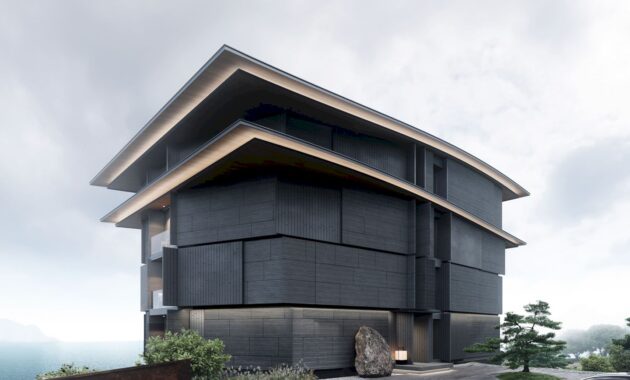
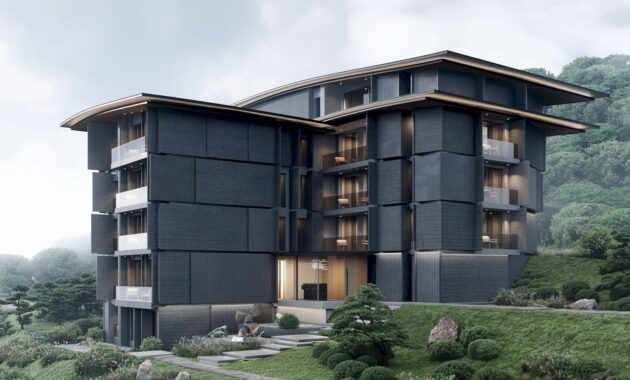
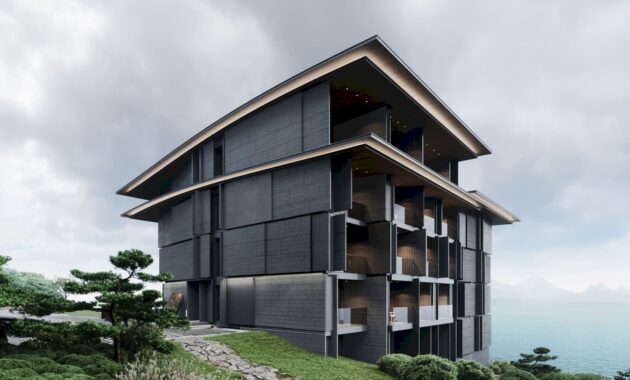
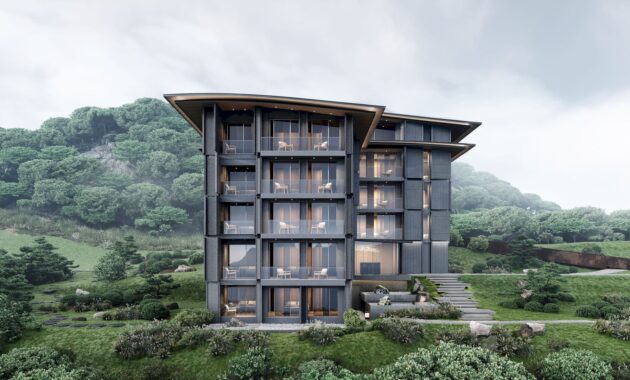
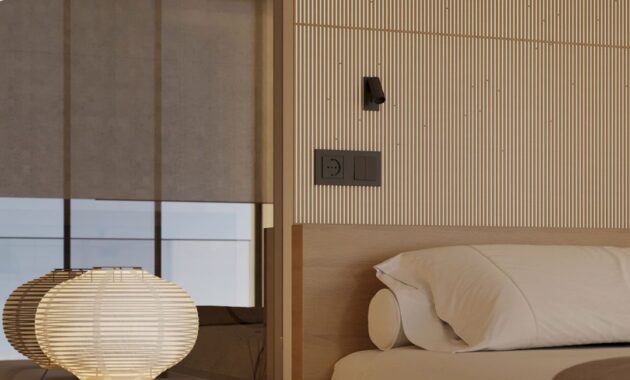
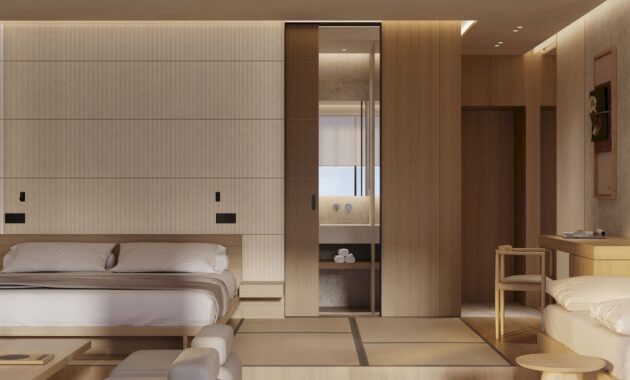
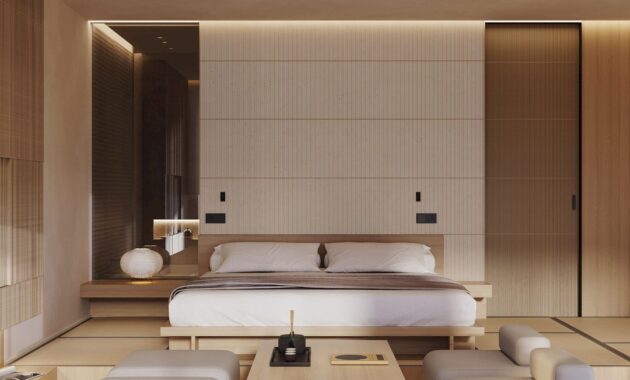
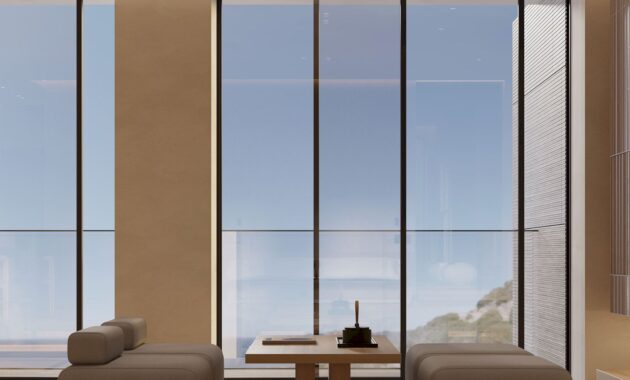
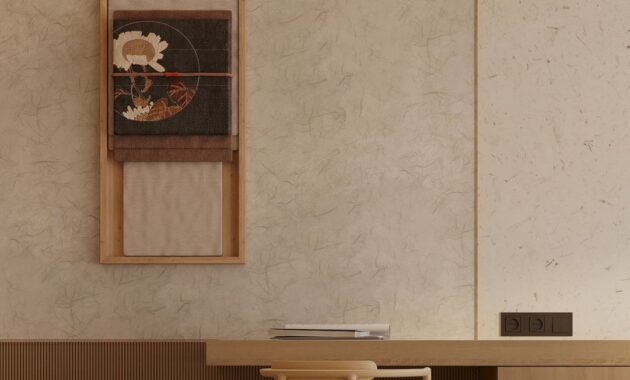
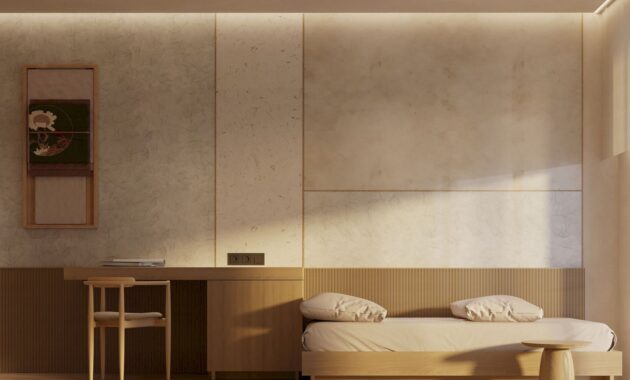
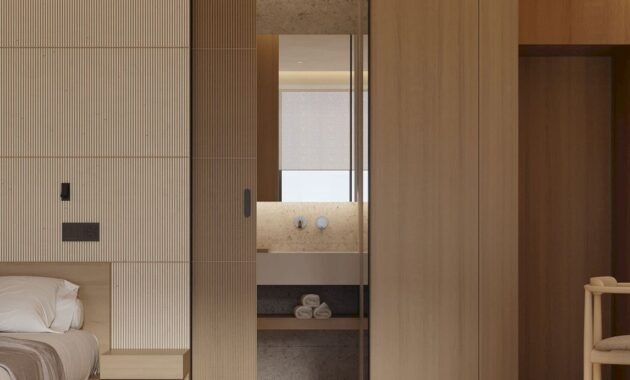
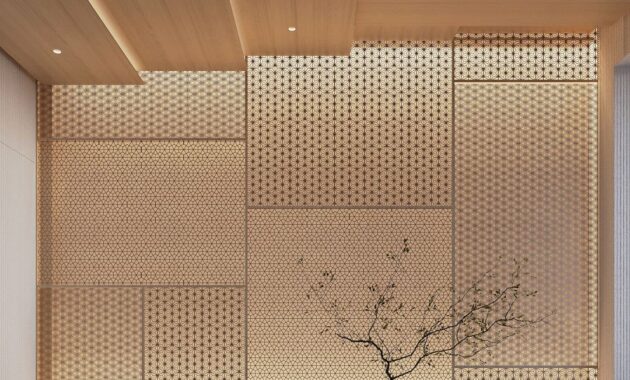
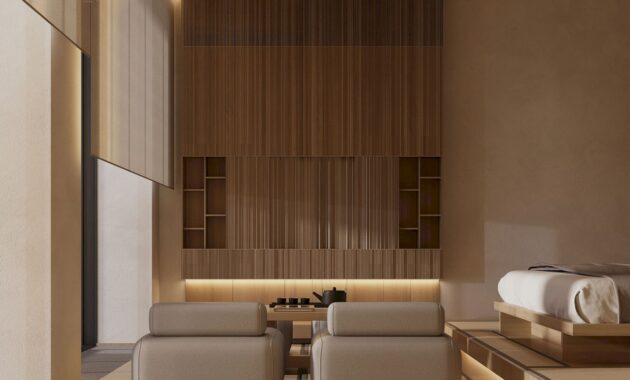
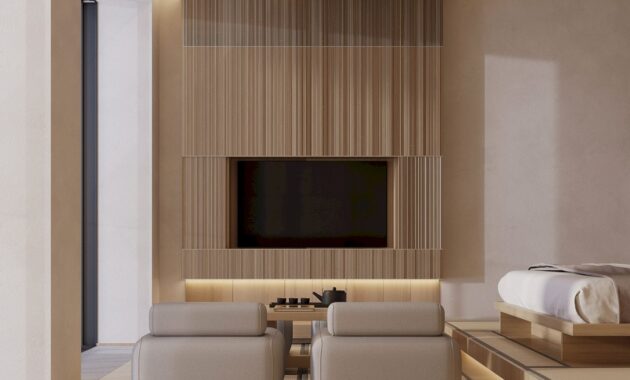
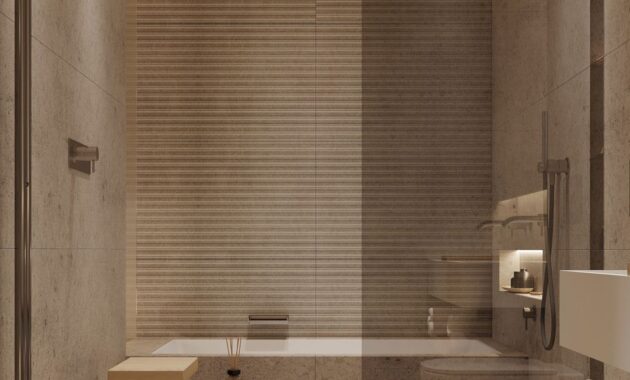
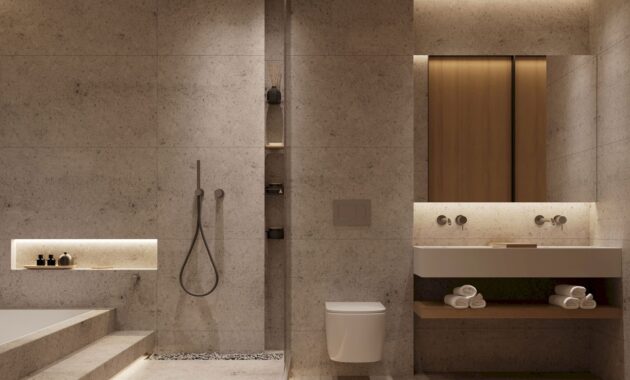
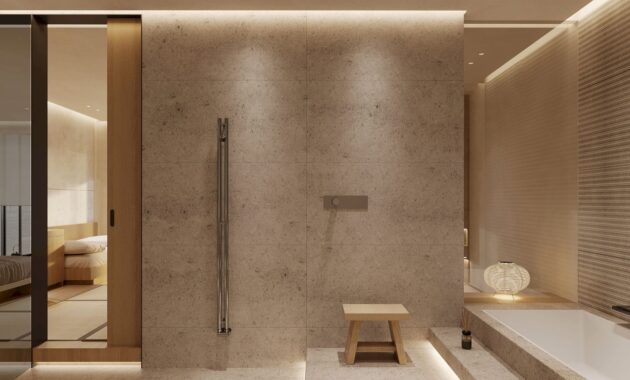
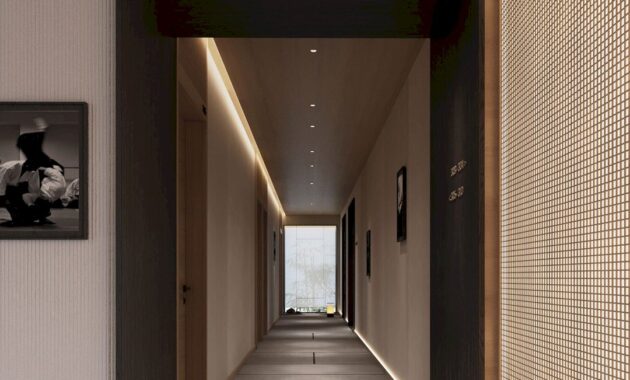
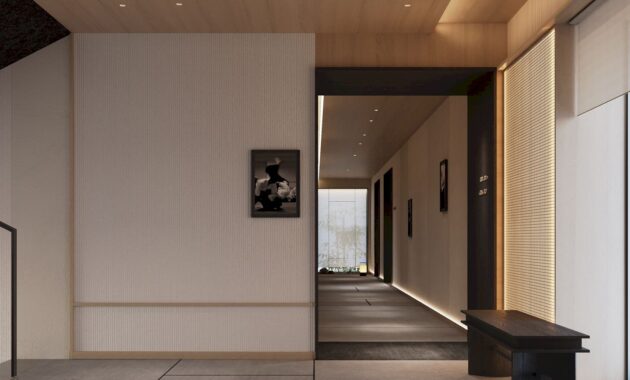
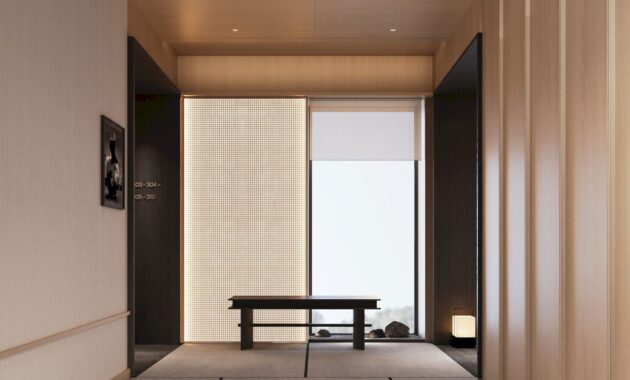
Images: IDEOLOGIST
Discover more from Futurist Architecture
Subscribe to get the latest posts sent to your email.

